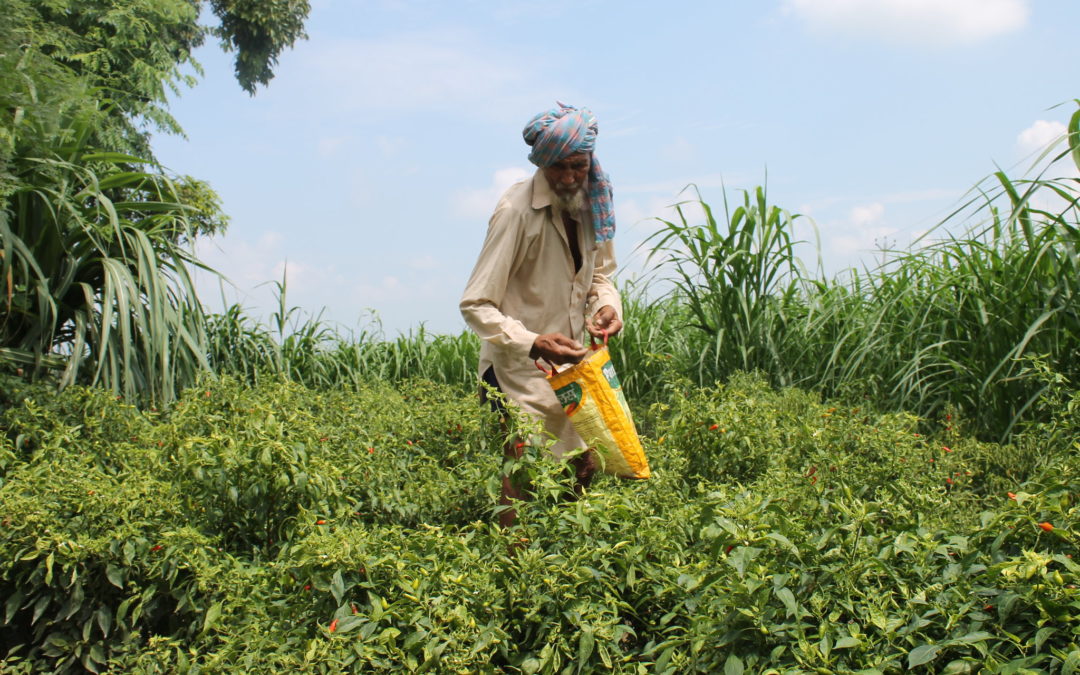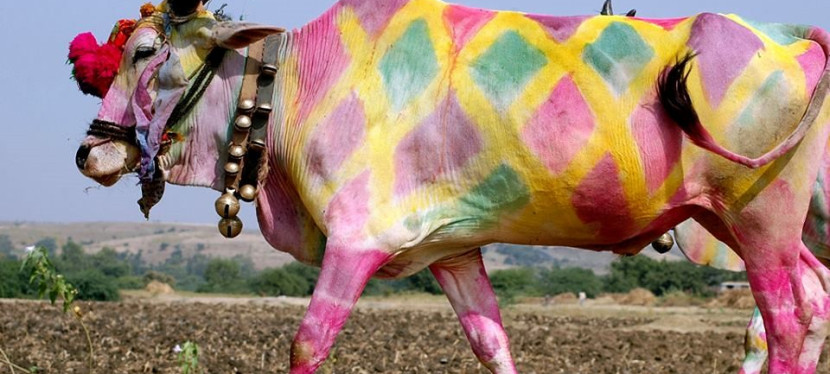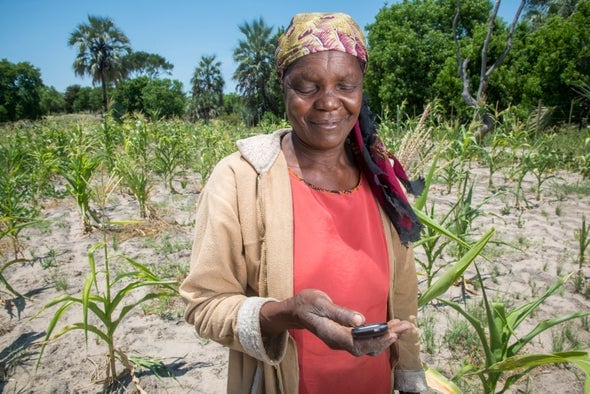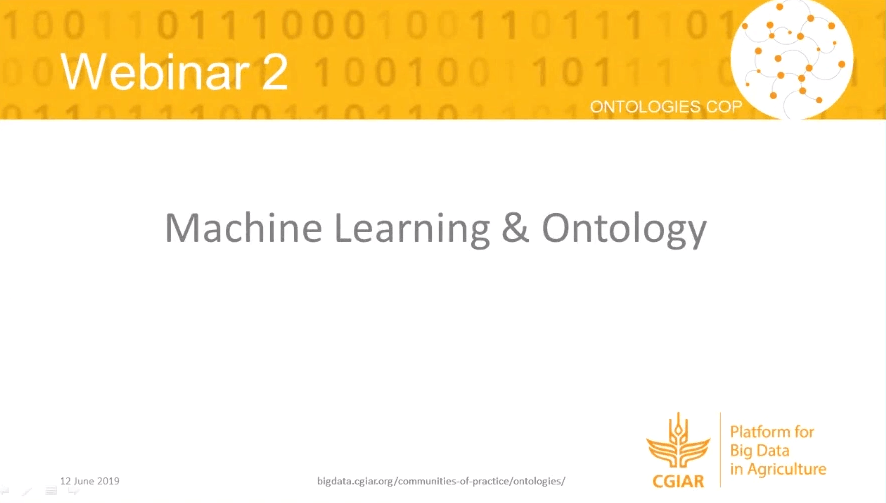
YOUTH IN DATA BLOG: Who knows the crop better than the farmer?
SLAM (Self-learning advice for farmers) was a finalist in the 2019 Inspire Challenge competition. Learn about what sets the project apart.

by Hannah Craig | Oct 30, 2019 | News, Youth in Data
SLAM (Self-learning advice for farmers) was a finalist in the 2019 Inspire Challenge competition. Learn about what sets the project apart.

by Vanessa Sebi | Oct 29, 2019 | Livestock CoP
Report back from the 2019 CGIAR Big Data in Agriculture Convention.

by Hannah Craig | Sep 2, 2019 | Inspire news, News
Armed with AI-equipped smartphones, African farmers should be able to detect and deal with potato viruses before they get out of hand.

by Hannah Craig | Jun 25, 2019 | News, Ontology CoP
The Ontologies Community of Practice launched a webinar series to debate, share, and advance our thinking on selected topics in the domain of ontologies. During this second webinar we learned about machine learning technologies and the link with ontologies.

by Hannah Craig | Jun 12, 2019 | Ontology CoP, Webinar
CGIAR Webinar by the Platform for Big Data in Agriculture’s Community of Practice on Ontologies – Can machine learning technologies be useful to create or complete ontologies in agriculture?
CGIAR Platform for Big Data in Agriculture advocates open data for agricultural research for development. It considers that opening up research data for scrutiny and reuse confers significant benefits to society.
However, the Platform appreciates that not all research data can be open and that a broad range of legitimate circumstances may require data to be restricted.

As an integral component of its advocacy for open data, the Platform promotes responsible data management through the entire research data lifecycle from planning, collecting, storing, disclosing or publishing, transferring, discovery and archiving.
These guidelines were created from information collected from: review on best and emerging practices across various sectors in the fast changing landscape of privacy and ethics (130 external resources); privacy and ethic materials sourced from seven CGIAR centers; first draft was circulated for input and feedback across CGIAR and incorporated into this edition. It’s important to note that this is an evolving document, the next stage is to consult externally for further input.
These Guidelines are intended to assist agricultural researchers handle privacy and personally identifiable information (PII) in the research project data lifecycle.


Ensure compatibility with the DMP-PII (as above) and also the purpose for which prior informed consent has been obtained
Ensure PII is stored securely to protect privacy, through organizational or project specific safeguards to prevent unauthorized access, accidental disclosure or breach of data (physical & technical)
Don’t store data in unsecured locations or on unsecured devices or servers
Don’t store encrypted data and encryption keys in locations where they can be easily accessed simultaneously
Don’t underestimate the importance and value of administrative safeguards to standardize practices (i.e. organizational policies, procedures and maintenance of security measures that are designed to protect private information, data and access)